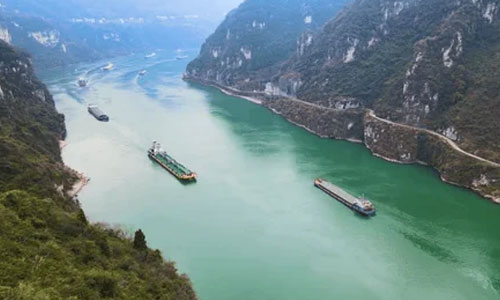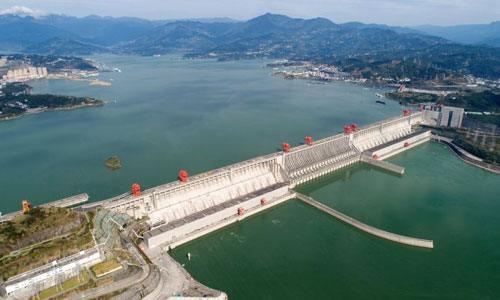The findings contributed to the implementation of corporatization pilots and laid a foundation for longer-term institutional modernization in China’s transport infrastructure sector. The project also exemplified the global application of New Zealand’s corporatization expertise, reinforcing the role of pragmatic, experience-based public sector transformation in supporting economic development worldwide.
— China —
reform. alignment. strategy.








Modernizing Waterway Governance: Corporatization of China’s Inland Water Institutions
“Institutions are the vessels of reform. Without structural clarity and commercial discipline, even the most vital infrastructure will drift.”
— Hon. David Butcher, Former Senior Minister, Government of New Zealand & Corporatization Advisor, GG International
Challenge
By the mid-1990s, the People’s Republic of China faced the complex task of modernizing its vast and strategically important inland waterway sector, a critical component of the national transport and logistics system. As part of a broader economic reform agenda, the Chinese government—supported by the World Bank through a US$250 million investment project—sought to enhance the operational efficiency and institutional effectiveness of the public agencies responsible for inland waterways.
However, these institutions were deeply embedded in state-managed, non-commercial structures, with fragmented governance, blurred mandates, and weak financial incentives. The challenge was to transition these entities toward corporatized models that retained public oversight while instilling commercial discipline, service performance standards, and financial sustainability.
Strategy
To support this transformation, the World Bank engaged Hon. David Butcher, a world-leading corporatization expert and former senior minister in the New Zealand Government—renowned for leading New Zealand’s landmark public sector corporatization reforms in the 1980s.
Under the guidance of GG International, Mr. Butcher delivered a structured review of corporatization options for inland waterway institutions, including:
- Policy papers and comparative analyses on successful corporatization models globally
- Targeted feedback on institutional reform proposals developed by Chinese authorities.
- Seminar presentations and capacity-building sessions with senior officials from the Ministry of Communications and regional agencies.
- The goal was not wholesale privatization, but rather a careful shift toward performance-based management and commercially oriented service delivery within a reformed public framework.
Transformation
The work of Hon. David Butcher significantly influenced the design and direction of inland waterway institutional reforms in China. His review and strategic input provided:
- A framework for corporatizing inland navigation authorities, balancing commercial efficiency with public interest mandates.
- Clarity on legal and financial mechanisms to enable autonomy in operations and accountability in performance.
- A new model for institutional reform that was both politically feasible and administratively actionable.